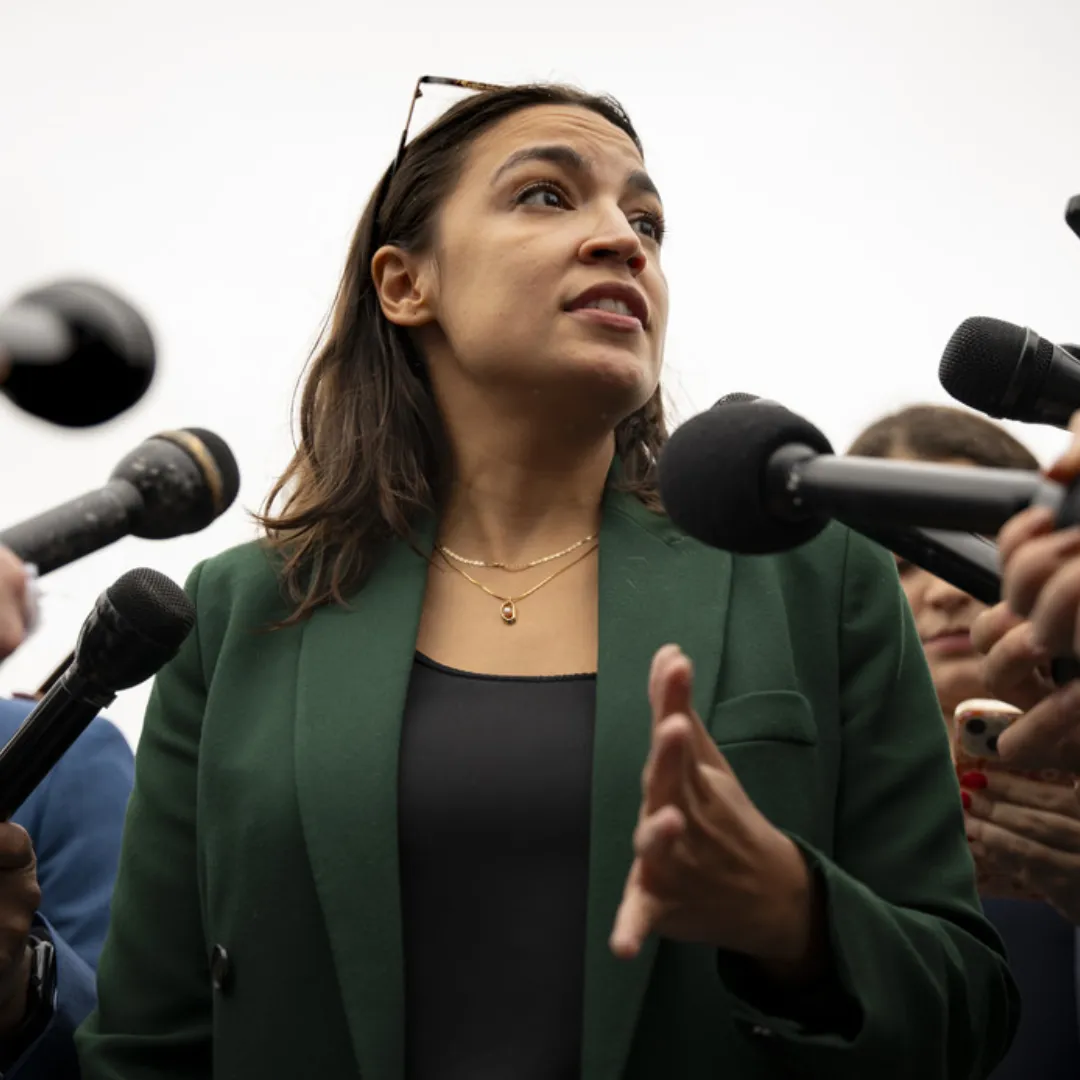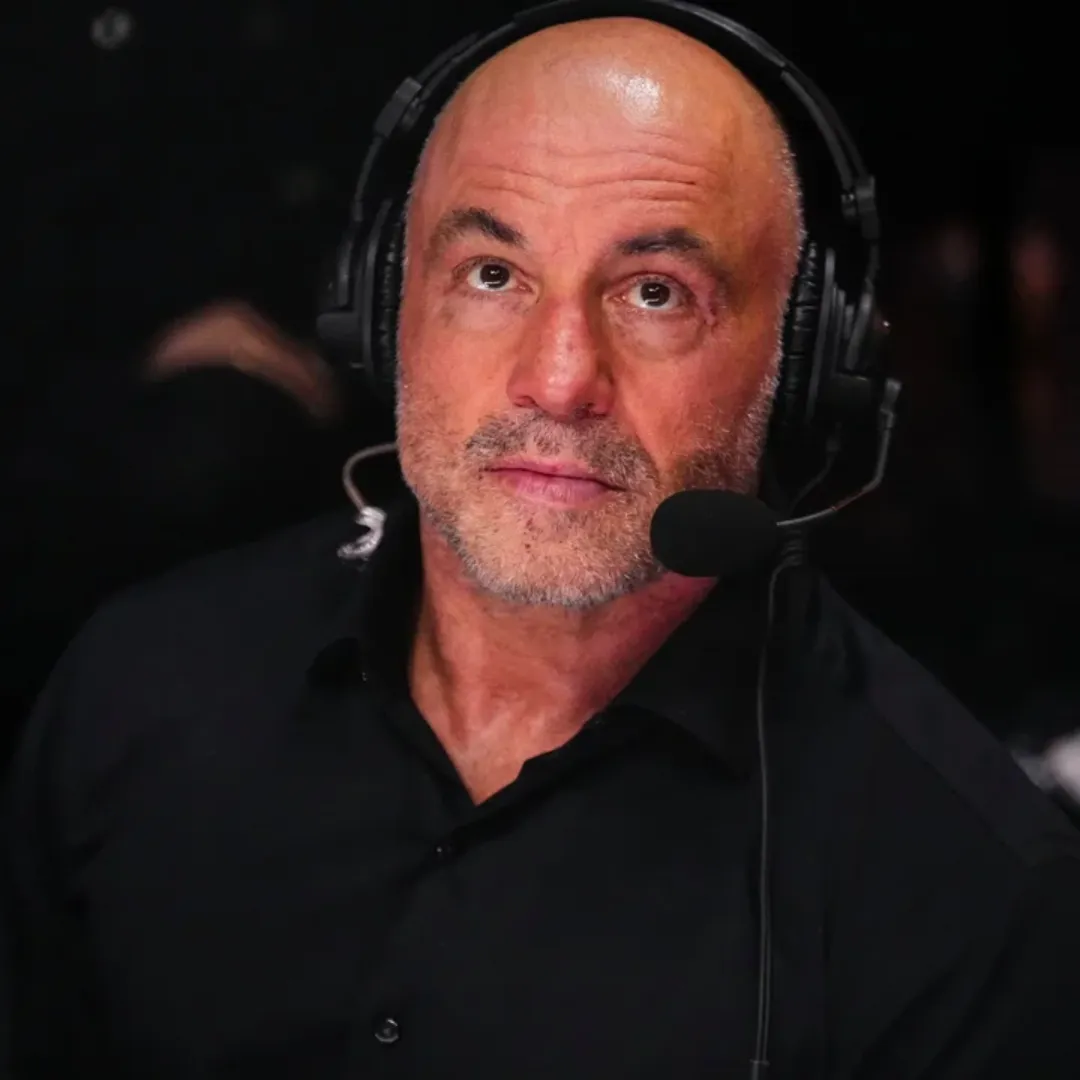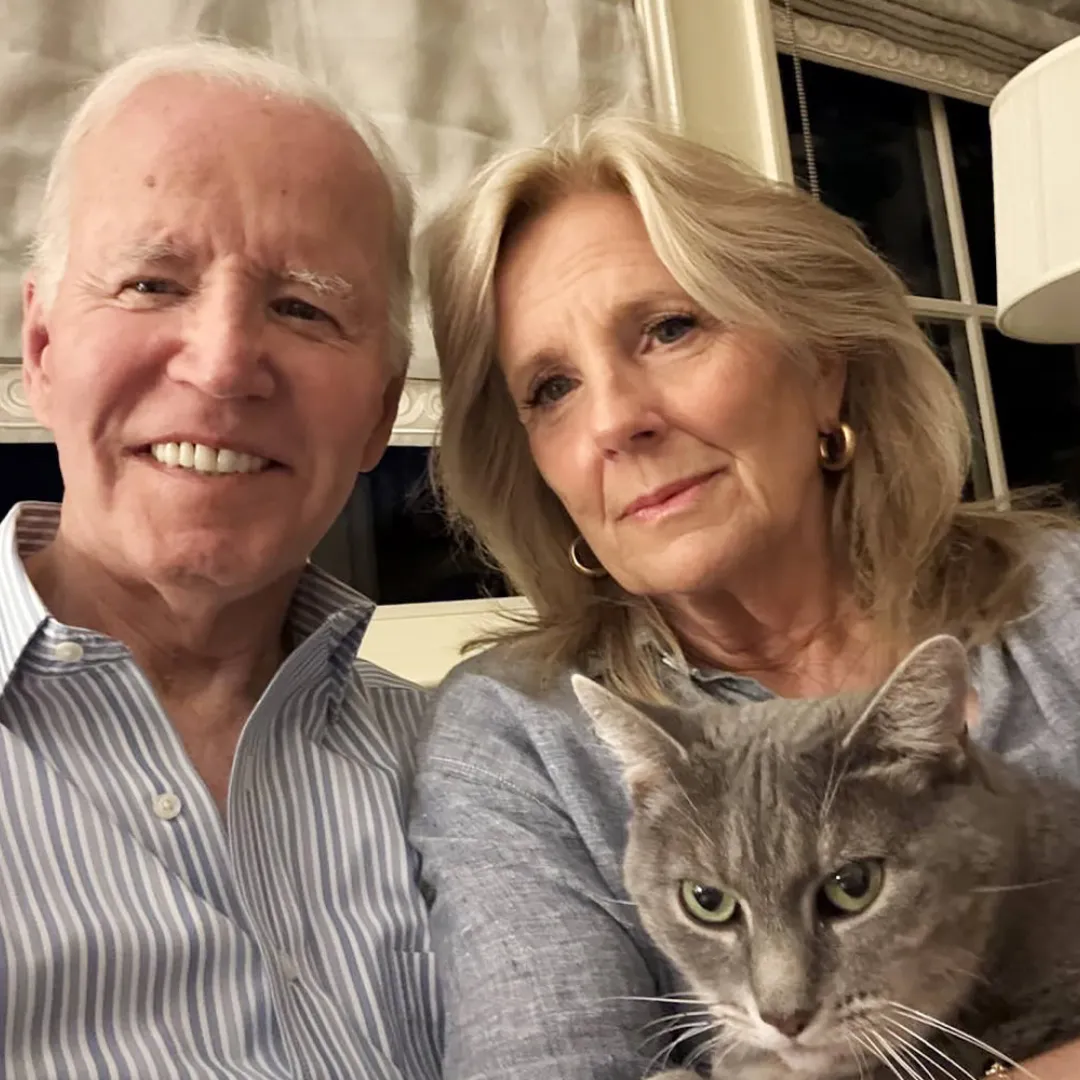
In an election result that has captured national attention and could foreshadow seismic political shifts to come, Douglas County Treasurer John Ewing Jr. has unseated Republican incumbent Jean Stothert to become the next mayor of Omaha, Nebraska.
This victory, officially declared by Decision Desk HQ, marks a historic turning point for the city in several key ways. Not only does it end the three-term reign of a prominent Republican mayor, but it also makes Ewing the first Black mayor in Omaha’s history and a powerful new symbol for the Democratic Party’s growing influence in conservative-leaning regions.
The mayoral contest, while technically nonpartisan in name, clearly followed party lines, pitting a longtime Democratic public servant against a well-established Republican figure. Ewing’s win has not only stunned local observers but also energized Democrats nationwide.
It represents one of the most high-profile victories for the party during the second term of President Donald Trump, a period that has seen intensifying efforts by both parties to gain traction in state and municipal elections as indicators of national momentum heading into 2026.
Jean Stothert, who was first elected in 2013, had previously enjoyed comfortable victories across three consecutive terms. She entered the 2025 race seeking an unprecedented fourth term, with a reputation for strong governance and electoral resilience.
Her record included achievements in public safety, urban development, and infrastructure. However, she faced growing criticism over issues ranging from housing affordability to her handling of diversity-related matters. In 2017, she won re-election by less than 6 percentage points—her narrowest margin at the time—but since then, political winds in the region had gradually shifted.
Meanwhile, John Ewing brought to the table a compelling resume and a deep understanding of public service. A former deputy police chief in Omaha, Ewing transitioned to political leadership as Douglas County Treasurer, where he developed a reputation for fiscal responsibility and community-focused policies.
His campaign emphasized affordable housing, job creation, and public safety with an inclusive vision that resonated strongly with voters across demographic lines. His victory is widely seen not only as a win for the Democratic Party but also as a personal triumph earned through decades of dedicated service.

The city of Omaha, part of Nebraska’s 2nd Congressional District, holds a unique position in the political geography of the state. Often referred to as a “blue dot” in a sea of red, it has been a recurring source of hope for Democrats in statewide elections.
While Nebraska allocates its electoral votes by congressional district—unlike most states—Omaha’s district has delivered its electoral vote to the Democratic presidential nominee in three of the last five elections. This electoral anomaly has turned Omaha into a hotbed of political strategy and engagement for both parties.
During this campaign, both candidates initially focused on local concerns such as economic development, affordable housing, crime prevention, and homelessness. However, the race gradually took on a more national tone, especially in the final weeks.
Mayor Stothert attempted to gain traction by criticizing Ewing’s positions on transgender rights, portraying him as too progressive for Omaha’s traditionally conservative values. Ewing, in response, leaned into linking Stothert to the broader national Republican movement and, more pointedly, to former President Trump.
This strategy paid off among independent voters and moderates who may have grown weary of the partisan rancor associated with Trump-era politics.
Political analysts see Ewing’s win as the latest in a growing pattern of Democratic overperformance at the state and local level. Just last month, Democrats secured a critical win in a Wisconsin Supreme Court race where the liberal candidate defeated her conservative challenger by a wide margin.
That same night, in two deeply Republican congressional districts in Florida, Democratic challengers fell short of victory but significantly closed the usual Republican margins. Earlier this year, Democrats also pulled off surprise wins in special state Senate elections in Iowa and Pennsylvania, signaling a growing wave of voter discontent with Republican leadership.
National Democratic leaders were quick to react to Ewing’s success. Ken Martin, Chair of the Democratic National Committee, praised the win in a statement that portrayed the victory as part of a larger movement rejecting the Republican agenda.

He asserted that Democrats are now winning across the board—in blue, purple, and even red states—by standing up for working families and defending core social programs like Social Security and Medicare. According to Martin, Republican efforts to cut benefits and raise prices for everyday Americans are backfiring, mobilizing voters who want more compassionate and pragmatic leadership.
Martin also took the opportunity to issue a warning to vulnerable Republicans in swing districts, including Nebraska’s own Don Bacon. Bacon, a moderate Republican who has held the state’s 2nd Congressional District for several terms, has repeatedly been targeted by Democrats but has managed to hold onto his seat through centrist positioning and strong local connections.
However, Ewing’s win may indicate that the political ground is shifting even under moderate Republicans’ feet. If Democrats continue gaining ground in Omaha and similar areas, Bacon could find himself in serious jeopardy in 2026.
The Nebraska Democratic Party echoed that sentiment, celebrating what they called a “new era” for Omaha and the state at large. Party Chair Jane Kleeb declared that John Ewing’s four decades of public service have uniquely prepared him for this moment.
She emphasized that his leadership would focus on unity, community-building, and forward-looking policies to benefit all citizens of Omaha, not just those aligned with one political ideology.
This historic win did not come out of nowhere. Ewing’s campaign was marked by grassroots organizing, deep voter outreach, and an emphasis on civic engagement. He built coalitions across racial, generational, and economic divides, appealing to both long-time residents and younger voters eager for change.
His experience as a former law enforcement officer gave him credibility on crime, while his years as county treasurer allowed him to speak with authority on fiscal matters. This blend of executive experience and personal relatability made him a formidable opponent—even against a well-established incumbent like Stothert.
In contrast, Stothert’s campaign, while polished and well-funded, may have underestimated the electorate’s appetite for change. Her emphasis on maintaining the status quo did not resonate with voters facing increasing housing costs, stagnant wages, and growing inequality.

Her pivot to culture war issues late in the race, including a sharp focus on transgender policy, appeared to be a last-ditch attempt to energize her conservative base. Instead, it may have alienated moderate voters who were more concerned with pragmatic solutions than ideological posturing.
Looking ahead, the implications of this election are far-reaching. For Democrats, it serves as validation of their recent strategic shifts—away from relying solely on federal races and toward investing heavily in local and state-level elections. Omaha’s mayoral seat was once seen as safely Republican territory, but Ewing’s victory proves that nothing is off the table in this volatile political climate.
For Republicans, especially those in urban and suburban districts, the message is clear: the old playbook may no longer work. They must grapple with changing demographics, shifting public priorities, and a new generation of voters who demand results, not rhetoric.
As Mayor-elect Ewing prepares to take office, the challenges before him are significant. He will inherit a city grappling with rising housing costs, public safety concerns, and a growing population that demands better services and infrastructure.
But he also enters City Hall with a strong mandate and a fresh sense of possibility. His victory has energized not just Omaha Democrats but party activists across the country who see his win as a blueprint for success in regions previously considered out of reach.
And beyond the headlines, the real impact of this election will be felt in the lives of Omaha’s residents—those who will now look to Ewing for leadership, vision, and progress. Whether it’s expanding affordable housing, fostering inclusive economic growth, or ensuring that all residents feel heard and protected, the work is just beginning.

But with history on his side and momentum at his back, John Ewing stands poised to not only make change but to define a new chapter in the story of Omaha—and perhaps even influence the direction of the nation.



